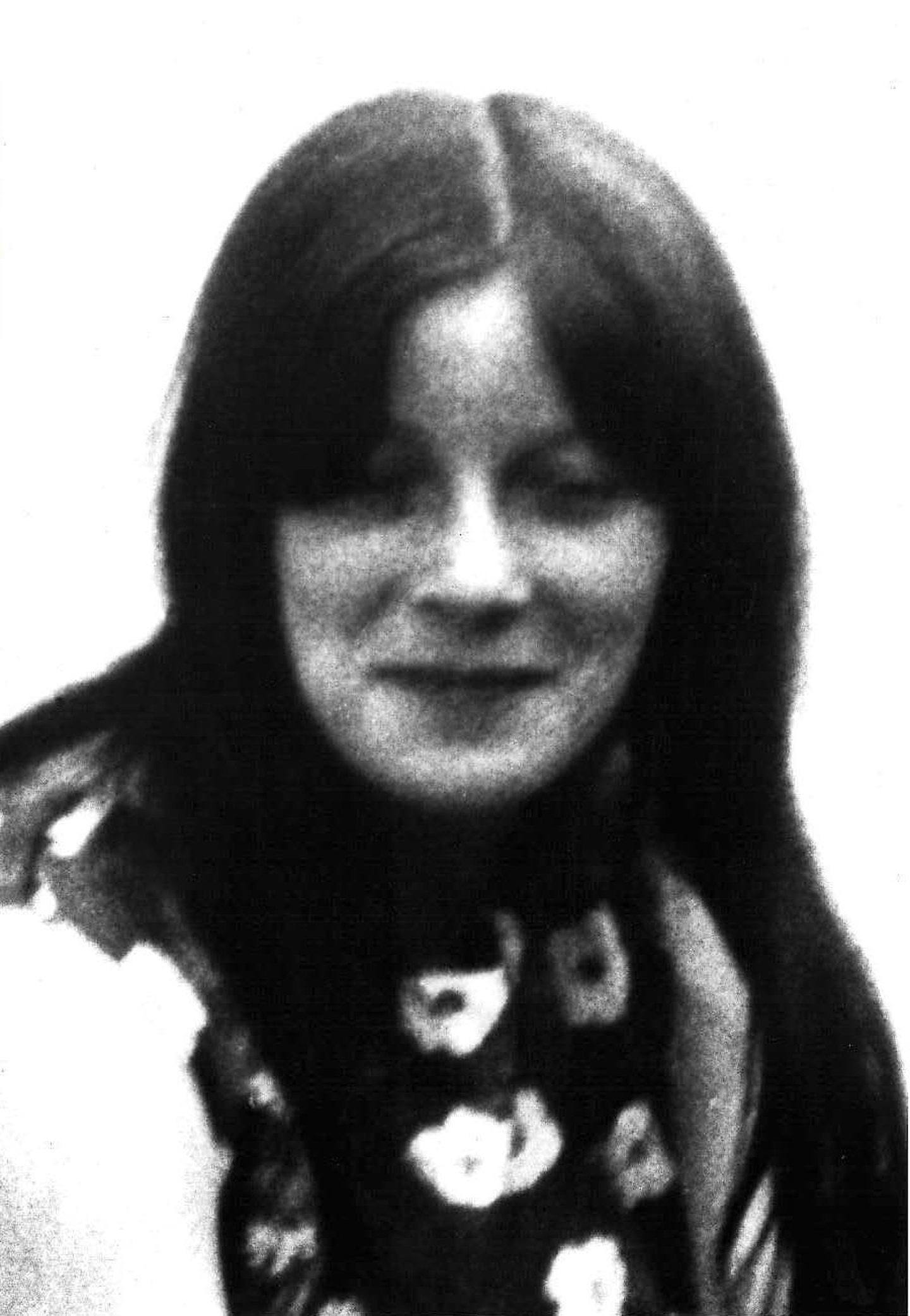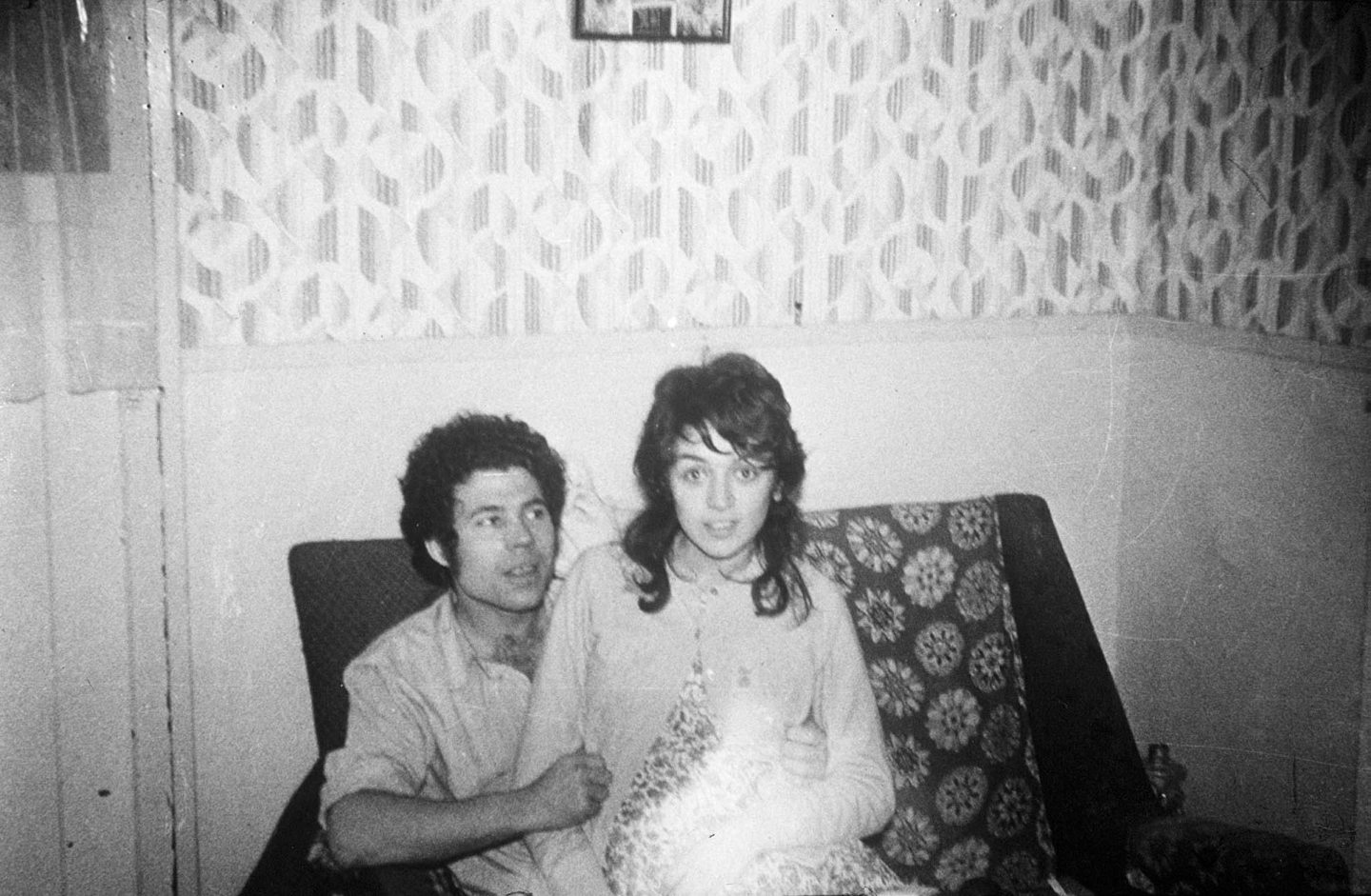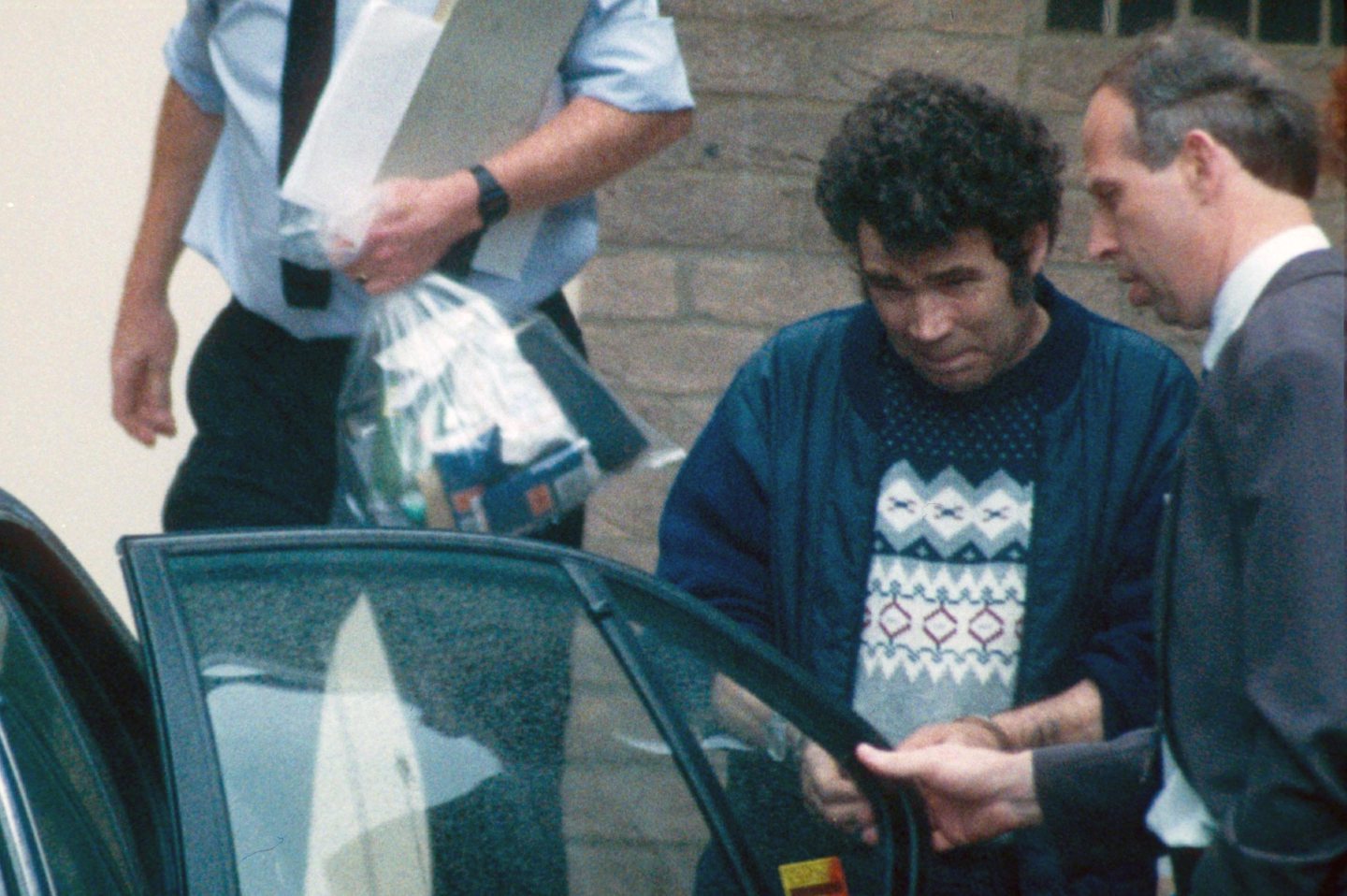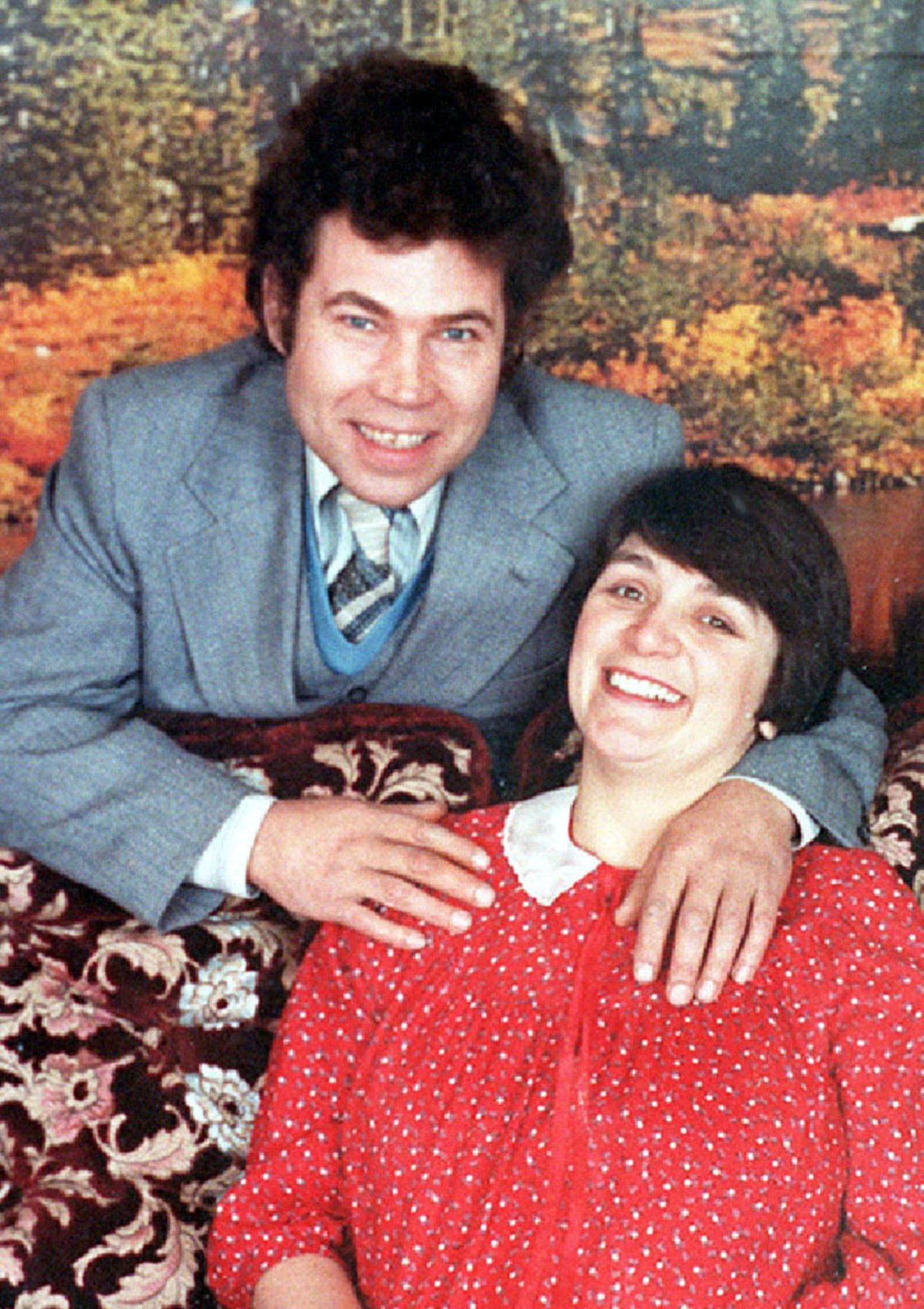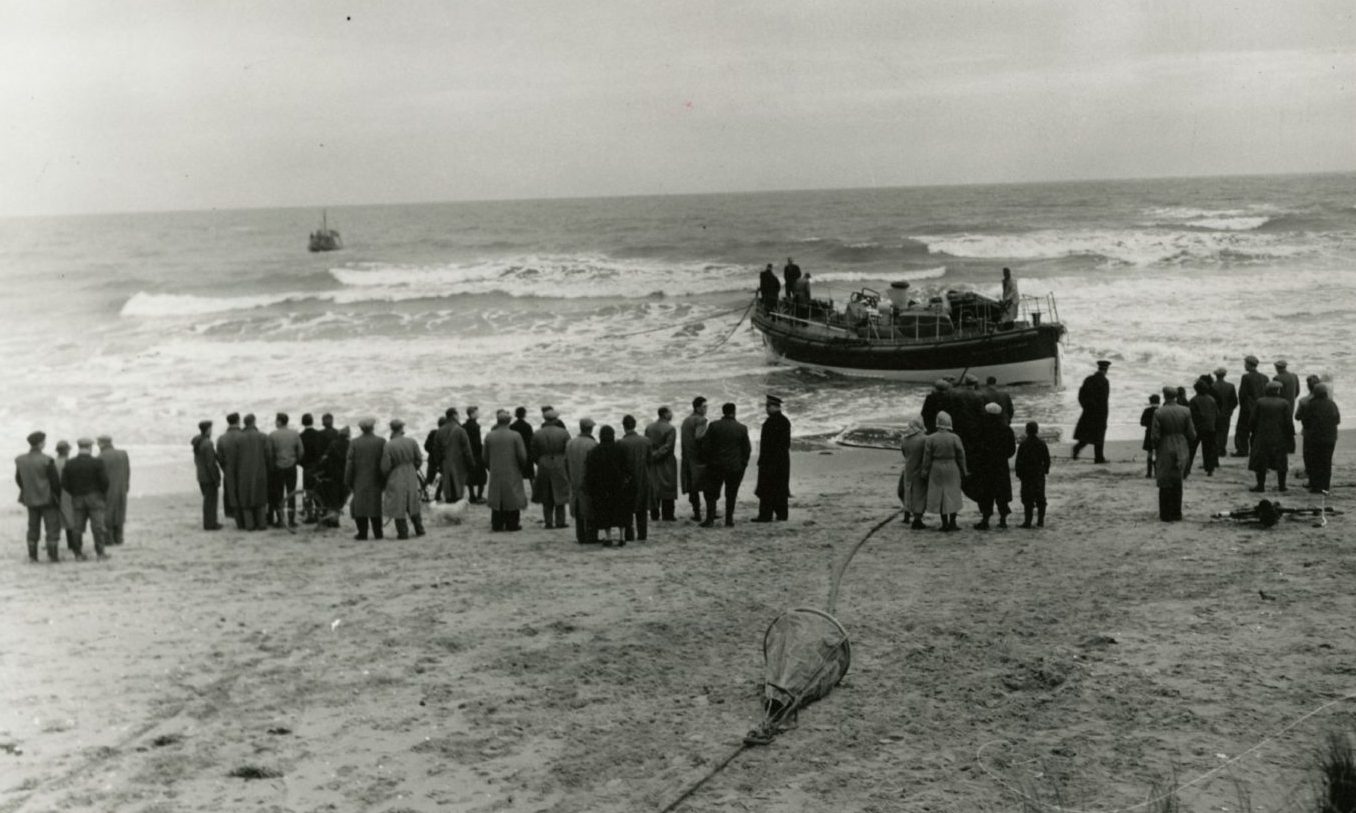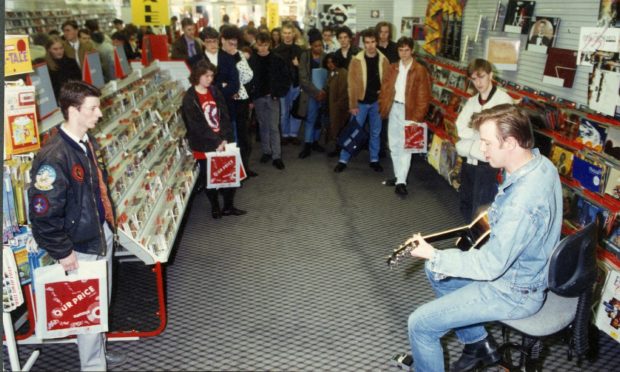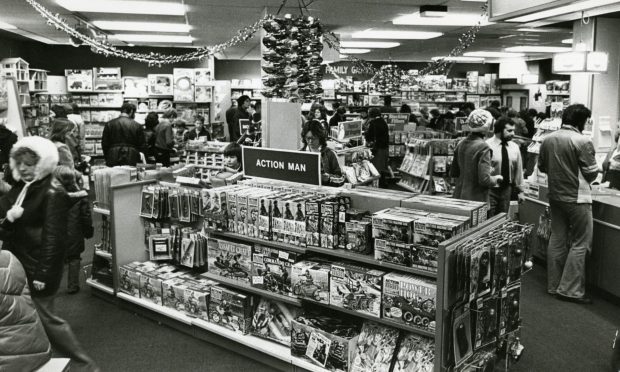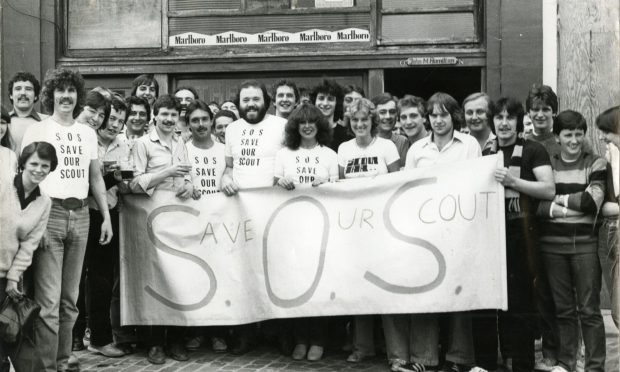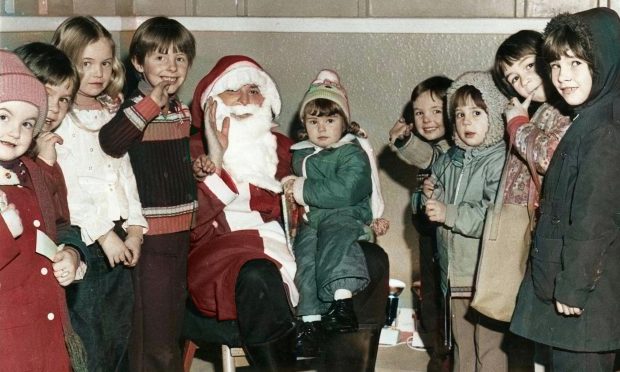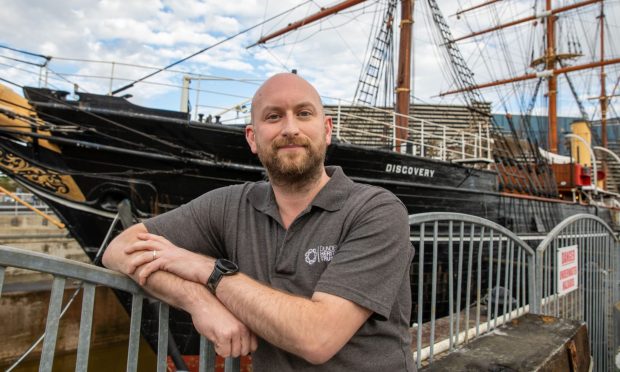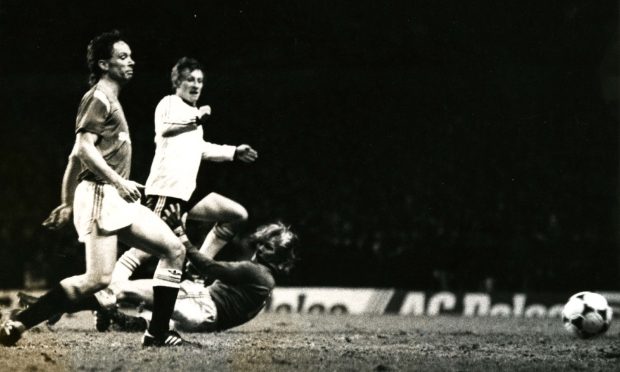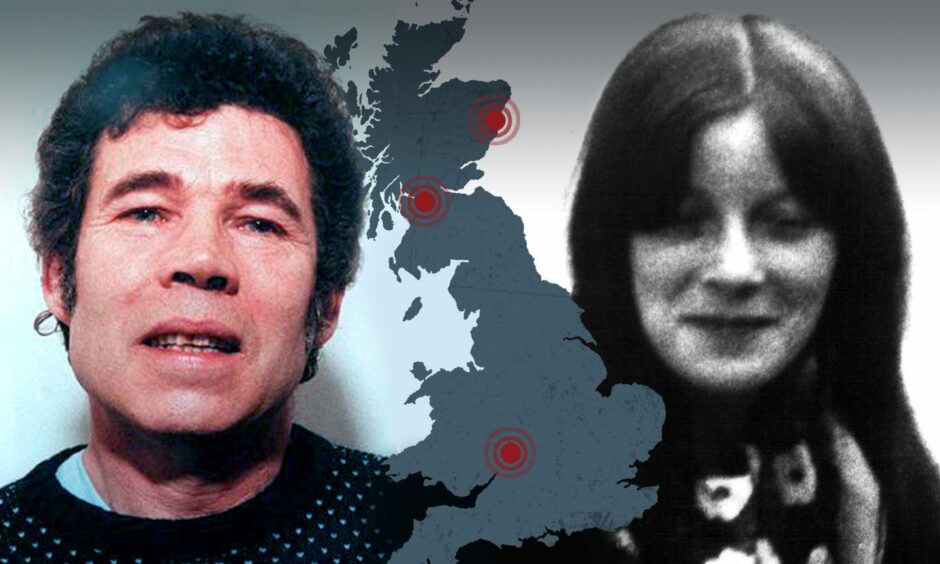
Neglected in Aberdeen, dumped in Glasgow and buried in the verdant fields of England – Anne McFall’s life was one of betrayal and violence.
The girl who grew up in the cold confines of the Granite City’s Nazareth House was the first victim of serial killer Fred West.
Her unborn child died alongside the trusting teenager.
West stood accused of 12 murders in connection with the Cromwell Street inquiry, including Anne, who was last seen alive at a Gloucester fair in May 1967.
Anne was born in 1949
Anne lived in Parkhead in Glasgow’s East End in impoverished circumstances with an alcoholic mother and a jailbird brother who was known as Scarface.
Aged 10 she was sent to Nazareth House in Aberdeen’s Claremont Street where children in the care of nuns were subjected to physical beatings and punishments.
“Nazareth House in Aberdeen was a children’s home that children would be sent to from disruptive and difficult families where they were deemed to be young offenders. It was very strict,” said Amanda Gavin, whose doctoral research at the University of Glasgow explored children’s experiences of Scotland’s care system including testimonies of the former residents.
“There was an assumption amongst the staff there that all children there were somehow bad and just in need of a firm hand and discipline.
“Children were routinely hit with brushes, broom handles and even wooden crucifixes.
“Visits from family were not encouraged so I imagine Anne would have felt isolation and intense loneliness potentially. For Anne this would have been a hugely difficult place to grow up.
“Children who at that time were coming into care would have been victims of or witness to violence in the home and then you get in to somewhere like Nazareth House where this violence again is woven into everyday life.
“I would say that predatory men were attracted to young girls leaving care.
“I think to understand her story and what happened to her, I think her experience in care is key, because it could make you very vulnerable or susceptible to exploitation, and I think that’s something that Fred West would have taken advantage of.”
Fred West drove a Mr Whippy van
Anne spent time at Nazareth House and later worked at Livingstone Industrial clothing factory and came to cross paths with Fred West during his years spent living in Glasgow when he was working as a Mr Whippy ice cream van driver in the Gorbals in the 1960s, which gave him steady access to young teenagers.
His first marriage in 1962 was to Rena Costello and the couple lived in Savoy Street in Bridgeton and later moved to McLellan Street in Kinning Park with their two daughters, Charmaine and Anne Marie.
Anne’s friend Isa McNeill was the children’s original nanny.
Via Isa, the Wests became acquainted with Anne, whose boyfriend had been electrocuted in a workplace accident and was eager to make a new life for herself.
Fred West: The Glasgow Girls is a three-part true crime series on Sky TV which has shed light on his first three victims and how his life of crime began in Scotland.
Fred West: Glasgow Girls unravels the untold stories of the victims, that need to be heard 📺 pic.twitter.com/hxwYmYyjgA
— Sky TV (@skytv) February 23, 2023
Former gangster John Knotts revealed that West was run out of the city by a razor–wielding lynch mob in the Gorbals as police were staking out pubs used as gang huts while they closed in on his sex abuse while driving the Mr Whippy ice cream van.
He left Glasgow at the end of 1965 with his family and moved around various caravan parks in Gloucestershire where he was accompanied by Anne and Isa.
By early 1966 West had become increasingly abusive and begun to exhibit dominance and control over all three women as well as making sadistic sexual demands.
Rena and Isa hatched a plan to return to Glasgow with the children.
They attempted to leave with help from Rena’s former boyfriend, John McLachlan.
Infatuated Anne informed him of the plan, and he arrived and grabbed hold of the children at the meeting time, which resulted in Rena and Isa leaving without them.
He was Anne’s ‘hope for the future’
June Carter Woodrow, author of Rose West: The Making of a Monster, said: “Anne was about 15 when she met Rena and Fred. She had probably been beaten down by the system over the years. She hadn’t much life at all.
“I think Anne betrayed her friends because she was desperate to have a family, some support, somebody who cared for her, a normal life.
“She just hung on to Fred as some kind of hope for the future and the fact that you would hope to have a fresh start in life with a man like Fred really is desperate, but totally understandable.
“She had this romantic notion of marriage and children – the family that she’d never had as a child.
“Sadly, it wasn’t to be.”
Anne and the two children remained with him until his wife returned.
Anne was just 18 and eight months pregnant when she disappeared in May 1967.
After Rena left again he met 15-year-old Rosemary Letts at a bus stop in Cheltenham and they moved in together.
Rosemary became pregnant with his child and took care of his children on her own when he was in prison for the theft of car tyres and a vehicle tax disc.
Rosemary snapped completely in the summer of 1971 and murdered Charmaine before Rena disappeared when she came looking for her daughter in August 1971.
She was never reported missing to the police.
Moving to 25 Cromwell Street in 1972
Fred and Rosemary West were married in 1972 in Gloucester and moved to 25 Cromwell Street in order to make room for their expanding family and committed a 20-year trail of sexual abuse and murder.
They would imprison girls they picked up at bus stops for several days, before killing them.
The most bizarre aspect of the case was how the Wests carried out such horrific acts, but outwardly, kept up a fairly average, normal appearance.
In early August 1992 five children of the family were removed from 25 Cromwell Street following child protection concerns and interviewed by police and social services.
The social workers caring for the West children started to pick up on brief comments about the patio being laid at the same time as their eldest sibling Heather left home, and also about the family joke of “Heather being under the patio”.
At the time Heather’s whereabouts were also of interest to police because she could have provided additional information regarding the child protection investigation.
Her parents maintained that she was working at a Devon holiday camp and had gone off with her boyfriend but in reality they murdered her when she was 16 in 1987.
When the police finally turned the place over, they found nine bodies.
West offered to help police locate three further victims including Anne in Fingerpost Field, yards from West’s parents’ house in the village of Much Marcle, in June 1994.
It is close to Letterbox Field where he disposed of the body of Rena while his daughter Charmaine from his first marriage was found at a former family home in Gloucester.
The last life Fred West took was his own
West was charged with the murder of 12 people, but took his own life before he could stand trial in 1995, while Rose was convicted of the murder of 10 people.
Author Paul Pender, who grew up in the same street as Anne, said: “Anne was the only victim he did not acknowledge, as if he could not admit to himself that he’d killed her.
“He felt he had a special bond with her.
“He said he had visions of her. He talked to her ghost.
“You have to bear in mind this is a woman he’s talking about posthumously, writing about her sometimes as his angel, then you remember all the terrible things he did to her, so it’s very much the psychotic mind of Fred West at work here, but it was a very odd relationship.
“He always said: ‘She was the only woman I ever loved’.
“But being loved by Fred West is a dubious distinction.”
